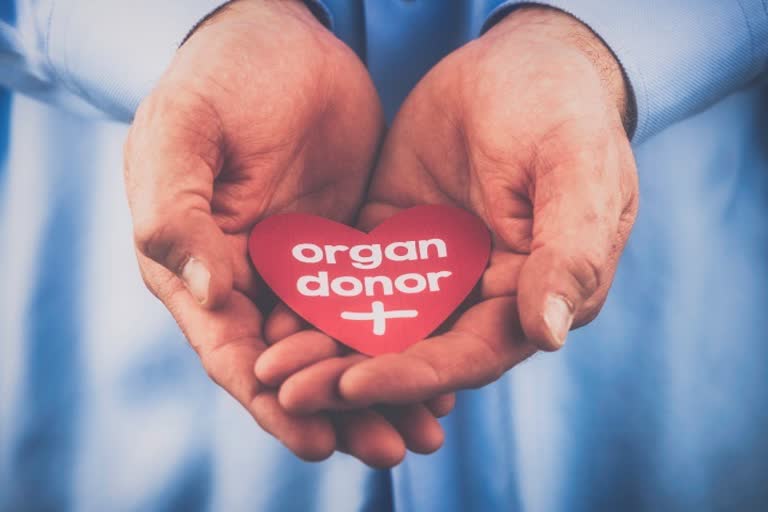A team of at least 20 surgeons led by Prof.Panangipalli Venugopal performed the first successful Heart Transplant in India According to reports, the entire operation took nearly 59 minutes and the patient lived for at least 15 more years.
Only after the Transplantation of Human Organs Bill was passed with then President Shankar Dayal Sharma’s signature on July7, 1994, Prof. P Venugopal made history by successfully performing India’s first heart transplant at AIIMS on August 3, in the same year. The historic legislation regulated the removal, storage, and transplant of human organs.
First Heart Transplantation in India and How did the operation take place
A 40-year-old patient named Devi Ram was suffering from cardiomyopathy and was admitted to AIIMS for at least three months. Devi Ram’s blood group was reportedly AB+, which is a universal recipient blood group. At the same time, a 35-year-old lady who had reportedly died due to a brain haemorrhage was brought into the hospital. Since the lady’s family agreed and Devi Ram saw it as the only way out, the heart transplant was decided to take place. The first surgery of its kind came out to be successful and Devi Ram lived until he died of an unrelated brain haemorrhage.
The first heart transplant in the world had taken place back on December 3, 1967, by surgeon Christian Barnard in Cape Town, South Africa. But P.Venugopal, who created history in India was honoured by Prime Minister Narendra Modi in 2014 at the AIIMS convocation function. He has already been awarded the third-highest civilian award, Padma Bhushan in 1998.
How many heart transplants have been done in India?
About 50000 persons suffer from Heart failures annually but only about 10 to 15 heart transplants are performed every year in India. according to data provided by the National Organ and Tissue Transplantation Organisation. (NOTTO). In 2018, only 241 hearts were donated in India. Doctors say almost two lakh people in India would need heart transplants every year, but very few hearts reach at the right time.
Risks of Heart Transplantation: Heart transplant has some serious risks. Primary graft dysfunction happens when the donor heart fails and cannot function. This is the most frequent cause of death for the first month after transplant. Your immune system also may reject your new heart. Rejection is most likely to occur within six months after the transplant. You will need to take medicines for the rest of your life to suppress your immune system and help prevent your body from rejecting your new heart. These medicines weaken your immune system and increase your chance of infection. Their long-term use also can increase your risk for cancer, cause diabetes and osteoporosis, and damage your kidneys.
Cardiac allograft vasculopathy is a common and serious complication of a heart transplant. Cardiac allograft vasculopathy is an aggressive form of atherosclerosis that over months or a few years can quickly block the heart’s arteries and cause the donor heart to fail. Over time, your new heart may fail due to the same reasons that caused your original heart to fail. Some patients who have a heart transplant that fails may be eligible for another transplant.
Also Read: Understanding Cardiac Problems In COVID And Who Is At Risk?


